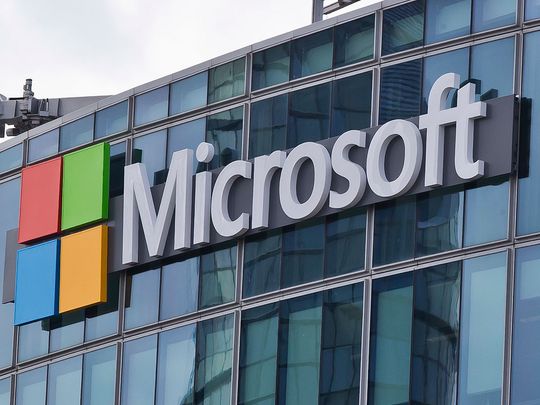
San Francisco: Generative AI tools will save companies significant time and money, promises Vik Singh, a Microsoft vice president, even if these models still need to learn when to admit they don't have all the answers.
"To be frank, what's really missing today is a model that can raise its hand and say, 'Hey, I'm not sure; I need help,'" Singh told AFP in an interview.
Since last year, Microsoft, Google, and their competitors have been rapidly deploying generative AI applications like ChatGPT, which generate various types of content on demand and give users the illusion of omniscience. Despite progress, these models still "hallucinate," or invent answers.
This is a critical problem for Singh, who leads the development of Copilot at Microsoft. His corporate customers can't afford for their AI systems to go off track, even occasionally. Marc Benioff, CEO of Salesforce, recently mentioned that many of his customers are increasingly frustrated with the inconsistencies of Microsoft's Copilot.
Singh stressed that "really smart people" are working on ways for a chatbot to admit when it doesn’t know the correct answer and to ask for help.
Singh believes a more humble model would still be incredibly useful. Even if the model needs to refer to a human 50% of the time, it would still save "tons of money."
At one Microsoft client, "every time a new request comes in, they spend $8 to have a customer service representative answer it, so there are real savings to be made. It's also a better experience for the customer because they receive a faster response."
Singh joined Microsoft in January and took over this summer as head of the teams developing "Copilot," Microsoft's AI assistant specialising in sales, accounting, and online services. These applications have the enormous task of generating revenue and justifying the massive investments in generative AI.
At the peak of the AI frenzy, start-ups driving the technology were promising systems so advanced that they would "uplift humanity," in the words of Sam Altman, head of OpenAI, which is primarily funded by Microsoft. However, for now, the new technology is mainly used to boost productivity and, hopefully, profits.
According to Microsoft, Copilot can conduct research for salespeople, freeing up time for them to call customers. Lumen, a telecom company, "saves around $50 million a year" doing this, said Singh.
Singh's teams are working on integrating Copilot directly into Microsoft’s software and making it more autonomous.
"Let’s say I’m a sales rep and I have a customer call," Singh suggested. Two weeks later, the model can "nudge the rep to follow up, or better yet, automatically send the email on the rep’s behalf because it’s been approved to do so."
In other words, before solving global warming, AI is expected to free humanity from boring, repetitive tasks.
"We're in the first inning," Singh said. "A lot of these tasks are productivity-based, but they obviously have huge benefits."
Will all these productivity gains lead to job losses? Leaders of large firms, such as K Krithivasan, CEO of Indian IT giant TCS, have predicted that generative AI will virtually eliminate call centres.
However, Singh, like many Silicon Valley executives, believes technology will make humans more creative and even create new jobs.
He referred to his experience at Yahoo in 2008, when a dozen editors selected the articles for the homepage.
"We came up with the idea of using AI to optimise this process, and some people asked, 'Oh my God, what’s going to happen to the employees?'" Singh said. The automated system allowed content to be refreshed more quickly, which increased the number of clicks on links and, consequently, the demand for new articles.








